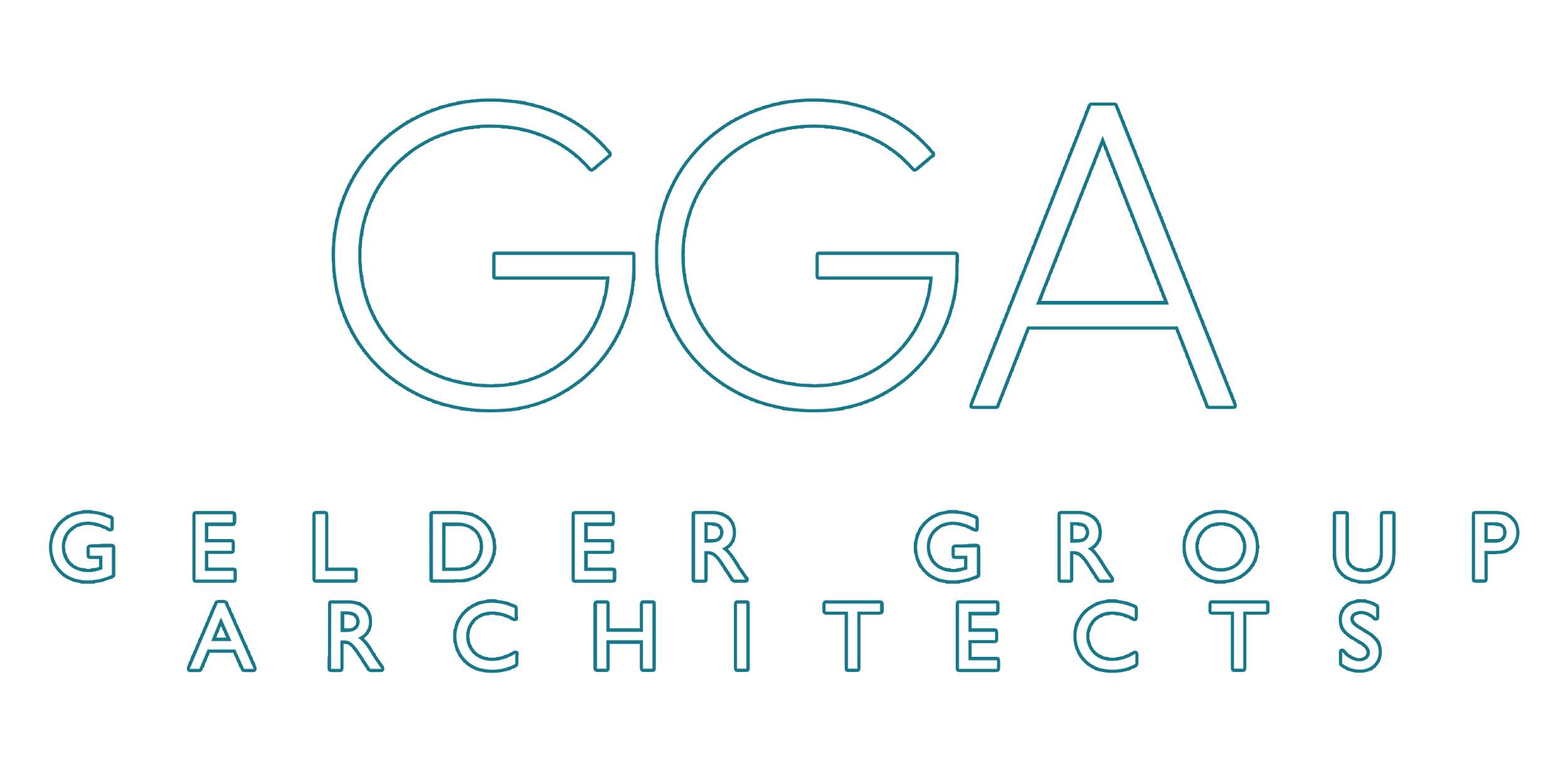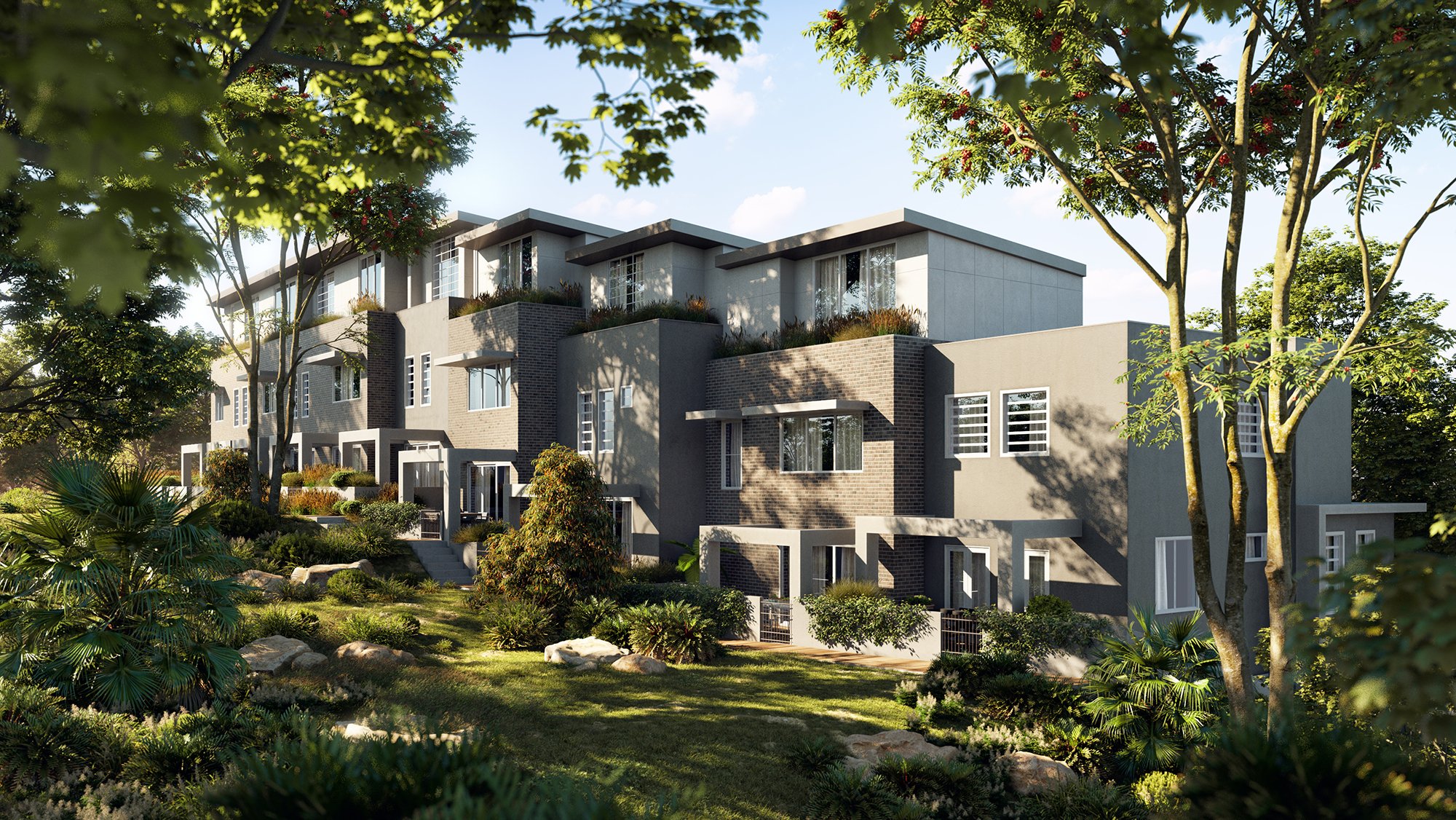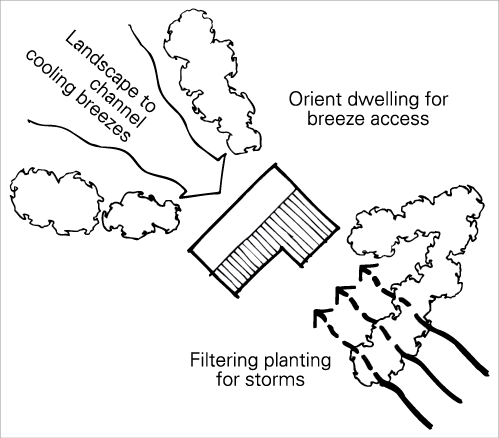Before you buy, renovate or build a home, you should consider both your needs, and the needs of your family, which helps in informing you on how to achieve long-term comfort and energy efficiency. This research and decision making will influence how well your home suits your lifestyle, how cost effective it is to run, and how sustainable it is over the long-term. This means that the quality of the information you gather, and the sources of this information, whether online, or via consultants, will ultimately determine the quality of your completed home.
It helps to think about your needs, and what you want to achieve in terms of long-term performance. Make sure you keep those goals in mind through the planning process, and if you want to build an environmentally sustainable home, seek out help when working on a budget. Sustainable design features might have some upfront costs, but will save you money in the long run. Some can also improve comfort. It is a good idea to seek out a wide range of information: from online sources, in books and magazines, and from experts such as architects, designers and builders. Be prepared to change your ideas when you get new information.
Passive Building Design Principles
Active Building Design Principles
Embedded and Operational Carbon Costs
Energy Efficiency and Use
Sustainable Energy Production
Sequestered Carbon Building Materials
This is where we come in.
As design practitioners with a wide range of experience and with a keen interest in continued education, we will help provide you with the necessary tools to understand how to improve the design of your home. We can ensure that you meet current building standards, and additionally future-proof your home for years to come.
Continued Input in the Design Process
Providing a Range of Design Solutions
Options to Suit All Budgets
BIM Technologies Used in The Design Process
3D Modelling and Testing of all Designs



